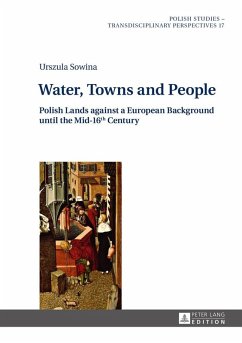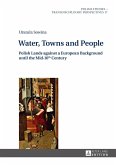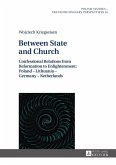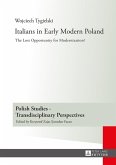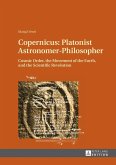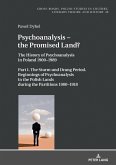The book describes the functions of water in Polish towns from the late Middle Ages to the beginning of the Early-Modern Era against a wide European background. It presents the issue of water supply in the context of the town as a complex social and economic organism, taking into account social relations, administration and power as well as living and working conditions. Describing water supply devices, the author reconstructs the ways in which the techniques were transferred to the Polish lands. She analyses municipal court books and documents concerning towns of various sizes in the Polish lands from the 14 to the 16 century, with particular emphasis on Kraków. In addition, she also considers archaeological and iconographical sources. Her findings provide a new insight into the alimentary and hygienic uses of water, its importance for production and crafts, and its use as a source of energy, transport and communication. This is the first broad comparative presentation of the subject in Polish and European literature.
Dieser Download kann aus rechtlichen Gründen nur mit Rechnungsadresse in A, B, BG, CY, CZ, D, DK, EW, E, FIN, F, GR, HR, H, IRL, I, LT, L, LR, M, NL, PL, P, R, S, SLO, SK ausgeliefert werden.
«Der Verfasserin ist es in höchst beachtlicher Weise gelungen, einen wichtigen Beitrag zur vergleichenden Stadtgeschichtsforschung vorzulegen.»
(Ferdinand Opll, Wiener Geschichtsblätter 4/2016)
«Die Verfasserin analysiert in vielfältiger Hinsicht die Bedeutung des Wassers für die Entwicklung von Städten und deren Gesellschaft. Sie erfasst die ökonomische, technische und soziale Dimension von Wasser und Wasserversorgung. Ob als Nahrungsmittel oder zur Reinigung und Hygiene, als Energieträger oder Produktionsmittel / Rohstoff, ob in der Funktion als Verkehrsweg, Gegenstand fiskalischer Überlegungen oder Objekt wissenschaftlicher Debatte, die Studie von Sowina bietet zahlreiche Ausgangspunkte.»
(Raoul Zühlke, sehepunkte 17 (2017), Nr. 11 [15.11.2017])
Vollständige Rezension hier lesen
«Thanks to its microscopic analysis and macroscopic perspective, Water, Towns, and People is highly recommended both to the Isis readership and to a more varied audience.»
(Ana Duarte Rodrigues, ISIS Vol. 108, No. 4 2017)
(Ferdinand Opll, Wiener Geschichtsblätter 4/2016)
«Die Verfasserin analysiert in vielfältiger Hinsicht die Bedeutung des Wassers für die Entwicklung von Städten und deren Gesellschaft. Sie erfasst die ökonomische, technische und soziale Dimension von Wasser und Wasserversorgung. Ob als Nahrungsmittel oder zur Reinigung und Hygiene, als Energieträger oder Produktionsmittel / Rohstoff, ob in der Funktion als Verkehrsweg, Gegenstand fiskalischer Überlegungen oder Objekt wissenschaftlicher Debatte, die Studie von Sowina bietet zahlreiche Ausgangspunkte.»
(Raoul Zühlke, sehepunkte 17 (2017), Nr. 11 [15.11.2017])
Vollständige Rezension hier lesen
«Thanks to its microscopic analysis and macroscopic perspective, Water, Towns, and People is highly recommended both to the Isis readership and to a more varied audience.»
(Ana Duarte Rodrigues, ISIS Vol. 108, No. 4 2017)

